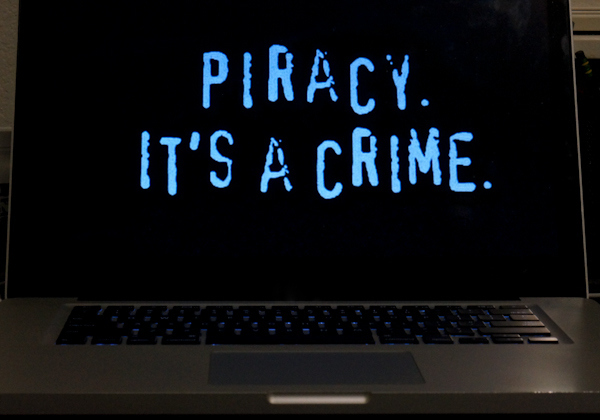Photo by: Henoc Kivuye
In attempts to reduce the rampant copyright and piracy issues, the Motion Picture Association of America (MPAA) has proposed a curriculum aimed to help teach and inform students in kindergarten through the sixth grade about copyright and piracy. The program will include lesson plans and videos to teach children about the “evils” of taking something online without paying for it.
Today, children have nearly unlimited access to the Internet, which has increased piracy use amongst younger children. MPAA, which represents the six Hollywood studios: Walt Disney Studios, Sony Pictures Entertainment, Paramount Pictures, 20th Century Fox, Universal Studios and Warner Bros., is helping create material for elementary education.
The MPAA supports the nonprofit organization Center for Copyright Information. This organization has proposed this curriculum despite it still being in the draft stage. Critics of the unfinished plans say the curriculum promotes a biased agenda created by Hollywood, or that the new curriculum would use up already tightly packed class time.
For Associate Professor of Education Caren Feuerhelm, the new proposed curriculum concerns her because she believes that it is the parent’s duty to teach their children about piracy. In her opinion, if a teacher is doing his or her job well, there should not be a need to add education about piracy and copyright issues in the classroom.
“The proposed program does upset me,” Feuerhelm said. “Every time there is a problem in society, then a program is developed and schools are presented with another curriculum that is to be added to teaching. Yes, in school we teach honesty, respect, etc. Teachers must know what is going on in their classroom at all times so the use of technology remains appropriate. But those virtues must start and then be reinforced at home.”
Assistant Professor of Education Allison Cassady proposed that parents should monitor what their children access while they are online. She suggested that parents should not allow younger children their own computers in their rooms because that is the period that children are most likely to download music or a movie without paying for it.
“I have not witnessed younger children downloading movies or music illegally,” Feuerhelm said. “Teachers do not allow this sort of activity, so if it is happening, it is in the home. It is the parent’s responsibility to teach the children, not the school’s.”
Children under the age of two, according to Feuerhelm, should not be on the Internet at all because that age is critical to their literary skills.
“Young children have too much screen time,” Feuerhelm said. “… For proper development, [children] need interaction with real, live people. They need talking, holding, firsthand experiences.”
Associate professor of education Darin Martin gave an analogy to help younger children understand why it is bad to steal online.
“We know that taking something without paying for it is wrong,” Martin said. “If during a storm the wind breaks a window and people are going in and out taking stuff they did not pay for, the police can still arrest those people for stealing. If a storm breaks a window it does not make it OK for you to break in and steal from the store. The same goes for movies or music on the Internet. You have to pay for something before you can take it.”
In order for younger children to live a healthy, balanced life, the amount of technology available needs to be tempered in order for children to excel.
“The amount of modern technology available to younger students concerns me,” Martin said. “Because for one, unlimited access to technology can make students less active. Instead of moving their bodies and developing as they should be, they are maybe more inclined to be still and just focus on technology or using their electronic devices.”
If younger children are not restricted on when and how they use their electronic devices, the results, according to Feuerhelm could be devastating for this generation of young children.
“The use of computers, video game systems, television, etc., the children are not using their thinking ability,” Feuerhelm said. “They are passive participants. When children are passive participants, they lose their creativity and start to rely on outside sources for knowledge. Their knowledge is very shallow in that they recite facts, but they lack understanding.”












Be First to Comment